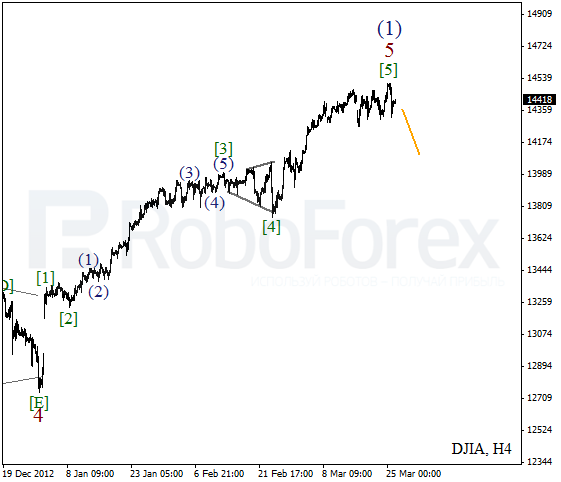
By Matt McKibbin, Founder at Decentranet
When cryptocurrencies were first introduced, anonymity and privacy were some of the main draws. Even the creator(s) of bitcoin, Satoshi Nakamoto, is shrouded in mystery as no one knows the true identity of the person or group. However, as the space evolved, the privacy of cryptocurrency users has continued to deteriorate. In many ways, bitcoin transactions are not anonymous as the open ledger offers perhaps the most transparent payment history of any financial system to date. While there are no official names directly attached to crypto wallets, there are still many steps users must take to ensure their privacy.
In response, a different class of cryptocurrencies was introduced: privacy coins. Let’s dig a little deeper into what makes a “privacy coin,” how they’re different from bitcoin and other cryptocurrencies, and learn a bit about the major privacy coins on the market today.
What is a Privacy Coin?
As the name implies, a “privacy coin” is a type of cryptocurrency that ensures the privacy and anonymity of its users. In the simplest terms, privacy coins rely on the same blockchain technology as cryptocurrencies like bitcoin, but go a step beyond in how they handle information about transactions and obfuscate some information. For example, bitcoin transactions are all recorded on an open public ledger showing that X address sent Y address a certain amount of BTC. While there are no names attached to wallet addresses, it’s not incredibly difficult to link addresses with people by the powers that be, especially when it comes to liquidating holdings with a licensed exchange.
Privacy coins, however, conceal information about senders and receivers during transactions through a variety of methods. The important part to know is that, unlike bitcoin transactions, privacy coins hide information about wallet activity or at least offer the feature to users.

Government Response
Given the nature of privacy-driven cryptocurrencies, it’s no surprise that they’ve garnered the attention of many government bodies. US officials are already considering the possibility of implementing more regulation around privacy coins to protect against illicit money activities. Regulators are concerned with the potential of privacy coins to more easily facilitate money laundering and illegal transactions. And while it’s true that privacy coins, among other cryptocurrencies, have been used in the past by bad actors, there’s another side to the story.
For starters, around 75% of all cryptocurrency-based illegal activitiesinvestigated by the FBI were conducted using bitcoin, not privacy coins — an overwhelming majority. Furthermore, advocates of privacy coins argue that these cryptocurrencies are nothing more than the digital equivalent of cash. Like cash, there are no records, no open databases of who owns what, and there are many legitimate reasons for using some. Most regulators aren’t considering banning cash and coins outright as means of payment and advocates believe officials should take the same approach with privacy coins.
Even if one were to set aside high-level arguments of privacy concerns, there are plenty of practical reasons to support privacy coins, with safety being perhaps the most important. When an open ledger publicly displays levels of wealth between wallet addresses, and those addresses are successfully linked to individuals, then coin holders have a major target on their back. This isn’t just true in theory, either. Recent events have shown this to be true with cryptocurrency robberies happening across the world.
In tomorrow’s post we will take a look at some of the biggest names in the space and how they make privacy happen. Keep in mind that there are many other privacy-driven coins available, but these just happen to be the largest privacy coins by market capitalization currently and illustrate three of the main methods for maintaining private transactions.
Tradersdna is a leading digital and social media platform for traders and investors. Tradersdna offers premiere resources for trading and investing education, digital resources for personal finance, market analysis and free trading guides. More about TradersDNA Features: What Does It Take to Become an Aggressive Trader? | Everything You Need to Know About White Label Trading Software | Advantages of Automated Forex Trading




































